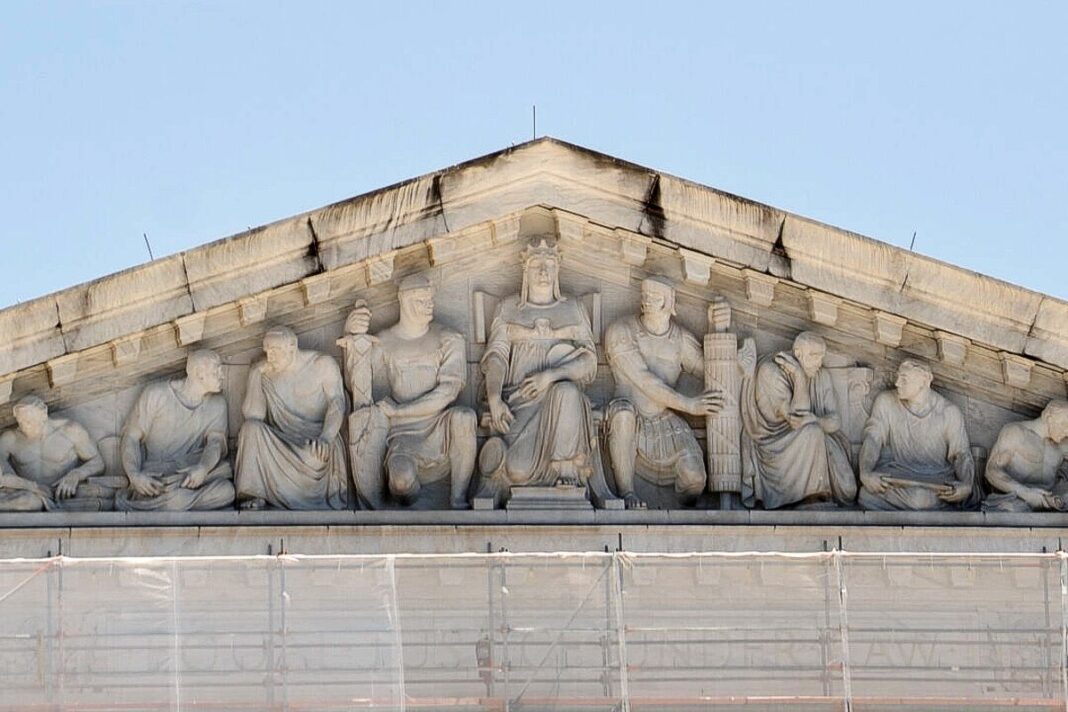The justices are expected to make rulings on tariffs, immigration, spending, and federal officials after considering them more tentatively.
Months of litigation related to Trump administration policies have made it likely the Supreme Court justices will wrestle with limits on executive power in their upcoming term.
Months after President Donald Trump took office, his policy on birthright citizenship prompted the Supreme Court to issue a landmark ruling on judicial authority and the nation’s separation of powers. The ruling opposed lower courts’ imposition of so-called nationwide injunctions, which block a policy on a nationwide basis.
The justices did not, however, resolve underlying constitutional arguments surrounding birthright citizenship.
That issue and other Trump policies could return to the Supreme Court, which has used its emergency docket to offer more tentative decisions on blocks by lower courts.
If and when the justices give those issues more thorough consideration, it could result in landmark decisions on constitutional law. The Supreme Court’s new term is expected to start in October when the justices return for oral arguments.
Tariffs
The ability to impose tariffs is a power typically understood as reserved for Congress under the Constitution. It’s unclear, though, whether Congress effectively delegated that power to the president in a law known as the International Emergency Economic Powers Act.
The Supreme Court has already agreed to hear arguments in November over that issue.
An appeals court said in August that Congress didn’t delegate that power, but delayed its ruling until October. The eventual decision could have major economic consequences, altering the balance of trade and revenue inflows for the United States. In August, the United States reported a record $31 billion in revenue under tariffs that Trump implemented.
Treasury Secretary Scott Bessent said earlier this month that the Trump administration has backup plans in place in case the court rules against it.
Similar to some of Trump’s immigration cases, this issue raises questions about courts intervening in sensitive, ongoing diplomatic negotiations.
Immigration
The 14th Amendment has been interpreted in recent decades to allow birthright citizenship to children born to illegal immigrants. However, after ruling on the preliminary issue of nationwide injunctions, the Supreme Court could reconsider that interpretation and one of its 19th-century precedents.
By Sam Dorman








